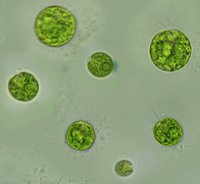
The transition to multicellular life was one of a few major events in the history of life that created new opportunities for more complex biological systems to evolve. Indeed, multicellularity is a prerequisite for the evolution of large, complex organisms such as plants and animals. An understanding of the ecological conditions and evolutionary mechanisms that favor this key innovation is necessary to determine where and with what likelihood complex life may have arisen beyond Earth.
Using the model unicellular alga Chlamydomonas reinhardtii, we have experimentally generated de novo origins of simple (undifferentiated) multicellularity in two separate experiments. We subjected genetically diverse populations of C. reinhardtii to two different selective pressures, both of which favor increased size.
The first experiment used low-speed centrifugation to select for an increased rate of settling out of liquid medium. In a subset of independent populations this type of selection results in heritable multicellularity: amorphous clusters consisting of daughter cells that fail to separate develop from single cells that have dispersed from other clusters. The second experiment used a predator, the ciliate Paramecium tetraurelia, as the agent of selection. Two of five experimental populations evolved multicellular structures not observed in any of the three control populations. Furthermore, the form of multicellularity observed in the predation experiment differs substantially from that in the centrifugation experiment, with highly structured, spheroidal colonies reminiscent of volvocine algae such as Eudorina.
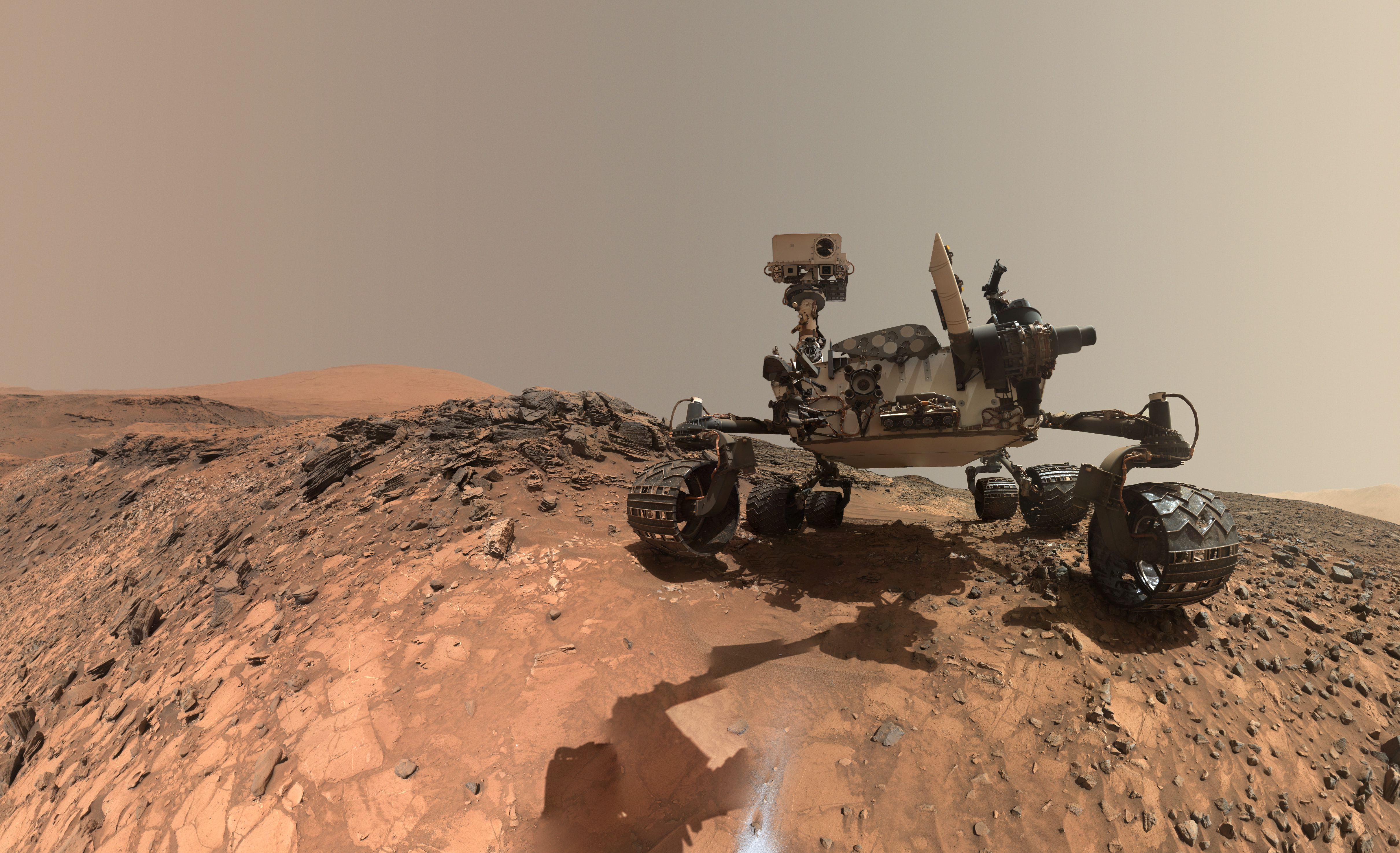 Investigating Habitable Environments on Mars Using Orbital and Rover-Based Imaging Spectroscopy
Investigating Habitable Environments on Mars Using Orbital and Rover-Based Imaging Spectroscopy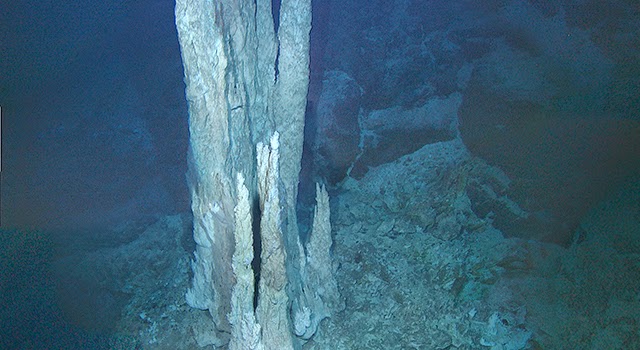 Chemical Gardens, Chimneys, and Fuel Cells: Simulating Prebiotic Chemistry in Hydrothermal Vents on Ocean Worlds
Chemical Gardens, Chimneys, and Fuel Cells: Simulating Prebiotic Chemistry in Hydrothermal Vents on Ocean Worlds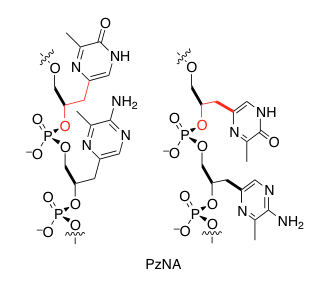 The Synthesis of an Artificial Genetic Polymer: From Small Molecules to Proto-Nucleic Acids
The Synthesis of an Artificial Genetic Polymer: From Small Molecules to Proto-Nucleic Acids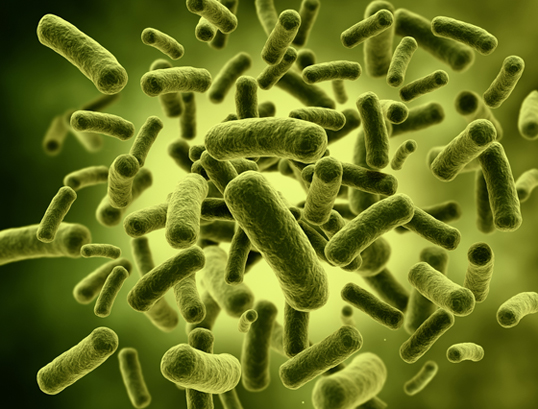 Quantifying Constraints on Metabolic Diversity Patterns
Quantifying Constraints on Metabolic Diversity Patterns